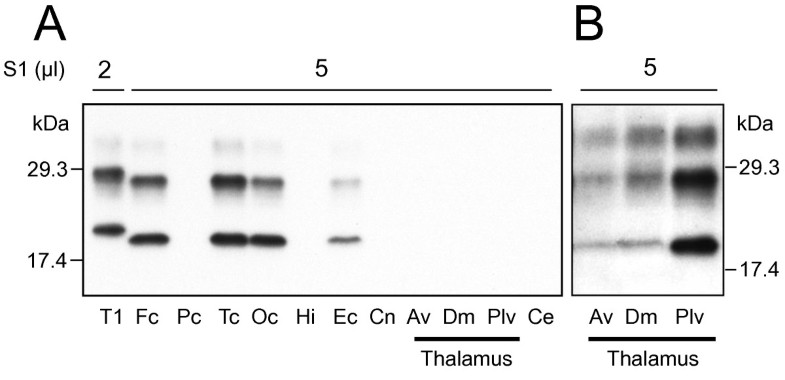
Antibody-based immunotherapiesĪntibody immunotherapies, i.e., passive immunization, work by binding or eliminating toxins or disease-causing antigens in the body. However, experts are hopeful about immunotherapy as a treatment and prevention option for SFI and similar prion diseases, which are still in the preliminary stages of research but have provided promising results in animal studies and clinical trials. What is the treatment for sporadic fatal insomnia?Ĭurrently, the disease is incurable. Periodic spike discharges common in Creutzfeldt Jakob Disease are not found in FFI or SFI, and most EEG findings in this context are nonspecific, such as slowing. Cerebrospinal fluid (CSF) analysisĪlthough most commonly analyzed features remain normal in these tests, some CSF prion biomarkers may yield abnormal results. MRI and CT changes may also be nonspecific and present later in the disease progression. MRI may also help rule out other neurological diseases. Still, some patients exhibit atrophy⁵ in certain brain regions in the later stages. MRI scans do not always result in findings. While these typically occur in the thalamus region, they are likely to spread to other brain regions as the disease progresses. The decreased activity may be indicated by reduced blood flow, known as hypoperfusion in medical circles, and hypometabolism or reduced brain glucose consumption. These scans show decreased activity in the brain's thalamus and cerebral cortex regions in people with sporadic fatal insomnia. Brain scanĭoctors may subject the patient to a brain scan to image the structure and functioning of the brain to determine abnormalities or damage. The sleep study is critical in people with sporadic fatal insomnia, as they might not realize their sleep is affected. They will record data about your brain activity and heart rate during sleep at the sleep center and observe for a decline in sleep spindles and K-complexes on the polysomnogram. Sleep study (Polysomnography)ĭoctors may request you to be the subject of a sleep study if you present with insomnia or sleep disturbances.

They should also consider conducting further tests to rule out the possibility of the symptoms resulting from degenerative conditions such as Alzheimer's.Ī doctor may carry out the following tests to determine whether one has the condition. A doctor may also collect blood tests to rule out other health issues, such as thyroid problems, as sporadic fatal insomnia is a diagnosis of exclusion. Psychiatric symptoms, such as depression, anxiety, and changes in mood and personalityĪ person with this condition may also show weight loss, increased heart rate, profuse sweating, and voice changes. To be diagnosed with the condition, one must first exhibit sleep disturbances on a sleep study and present with at least two of the following symptoms of brain degeneration. The same tests carried out in diagnosing fatal familial insomnia are used to determine the presence of sporadic fatal insomnia. How is sporadic fatal insomnia diagnosed?


 0 kommentar(er)
0 kommentar(er)
